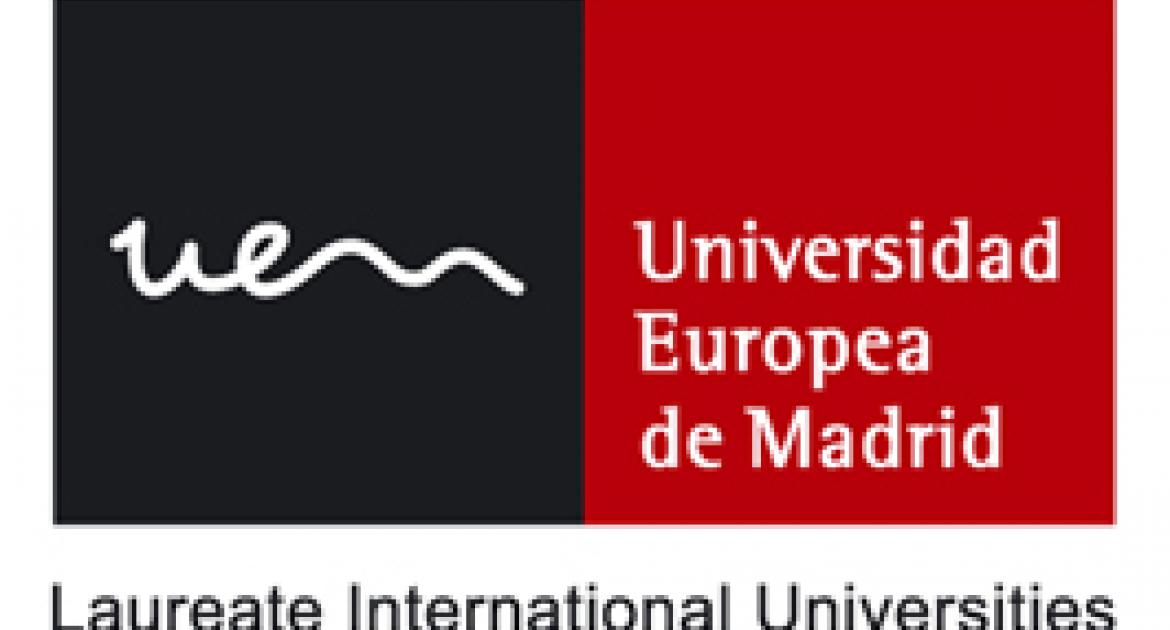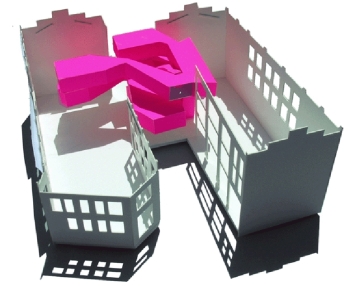Arquitecturas de la cultura del mañana-mañana


Image: Project: Street Fighter, winner of First Prize for the rehabilitation of the Serrería Belga (Intermediæ Prado). By María Langarita and Víctor Navarro
Basis
This work group's basis is the process of rehabilitating the former Serrería Belga de Madrid building, to be converted into a centre for cultural uses run by the Madrid City Council’s Área de las Artes.
The team comprised by Uriel Fogué, Roberto González, Andrés Jaque, María Langarita, Iván López Munuera, Víctor Navarro and Medialab-Prado has determined the criteria for creating an open work group which, based on this specific pretext, meets to reflect, question, and propose ideas about cultural centres and their relation to architecture, the city, and its inhabitants.
Purpose
The purpose of this work group is to reflect on the interactions among cultural centres, architecture, the city and its inhabitants. The aim, rather than focusing on immediate objectives or applications, is to provide a space for a community of thought and criticism, and to establish a connection with other research already underway related to the same subject.
Specific objectives:
- Analyze the needs, functions and objectives of a cultural centre.
- Create work documents and reports (types of organization, working formats, assessment criteria, etc.) that may be of use to some institutions and persons involved in cultural management and policies.
For
The group is based on architecture as an interdisciplinary practice that by definition involves a variety of points of view, fields of knowledge, and determining factors in city residents' everyday lives. However, it is not only for architects; the discussion is open to persons from the fields of cultural management, education, sociology, activism, and cultural and institutional criticism, and all other interested persons.
Topics to be explored
- What is a cultural centre's place in a city, and how does it become an integral part of that city?
- What function does it fulfil, who is it for, and what needs does it meet?
- How open/permeable is it, and what is its level of public and user participation?
- What are its work formats and its resource management model?
- How does it benefit society, and how can that be assessed?
- Transformations in the function of a cultural centre in the Internet Age: new forms of the production, organization and distribution of knowledge.
Format and methodology
The group’s work will be structured around monthly meetings at Medialab-Prado, and will be supported by online work both prior to the sessions (through a foro) and after them (documentation and comments on the sessions through a wiki and a blog).
The purpose of the sessions is to facilitate communication and information exchange between the guest and the work group. The format for each session will depend on the topic to be addressed and the guest’s interests and background. Therefore, some sessions may be theoretical in nature while others may approach the topic differently, such as within the context of an action led by the guest, a workshop, or other types of activities.
First scheduled sessions
23 October
Topic: The city and cultural institutions
5 p.m.: Coffee, discuss expectations
7 p.m.: Francisco Jarauta: Pequeños Laboratorios Urbanos de Creación Contemporánea (Small Urban Contemporary Creation Laboratories) [+info]
13 November
Topic: Organization and management
5-7 p.m.: presentation of the organization and work formats at Medialab-Prado
Guest:
4 December
Topic: Files and the Web: organization, distribution, and access to knowledge
5-9 p.m.: experimental workshop
Guest: Daniel García Andújar
Colabora:




 Medialab-Matadero Madrid
Medialab-Matadero Madrid